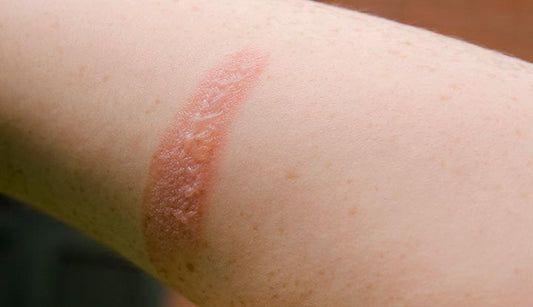The masks that people have been wearing to help prevent the spread of COVID-19 are also good at filtering out pollen and other airborne allergens. For people with allergic rhinitis or allergic asthma, who develop symptoms after inhaling allergens, masks can be really helpful.
Even before COVID-19 caused everyone to start wearing masks, some patients with seasonal allergies wore masks on days with extremely high pollen counts or when gardening. Pollen grains can be as small as 10 microns, but covid masks can trap particles as small as 3 microns.
An allergy is essentially the immune system overreacting to something that is not a threat. When pollen comes into contact with the mucous membrane inside the nose, for example, the immune response creates inflammation, which in turn causes congestion, sneezing, and excess mucus. If you can prevent an allergen like pollen from getting into your nose, you won't have that answer.
Of course, masks do not protect your eyes. If you have allergic conjunctivitis, eye allergies, you will probably benefit less from wearing a mask over your nose and mouth.





















































































































